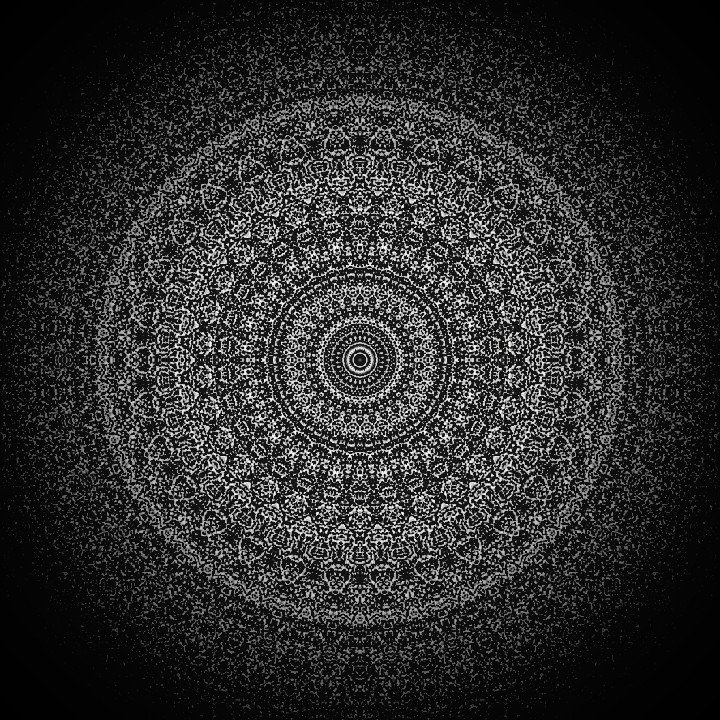Well, a lot of stuff has been going on in the past few days, but I'm sure our corner here will remain the same.
Let's bring up that old Pleasure Machine conundrum arguing against hedonism as a motivator.
For those who don't know, this Experience Machine or Pleasure Machine is a thought experiment by a philosopher called Robert Nozick. It attempts to refute ethical hedonism by imagining a choice between everyday reality and an apparently preferable simulated reality.
The primary idea of classical hedonism, especially from the utilitarian point of view, is that "pleasure is good", and so any aspect of life that is not pleasurable to a person (however subjective that may be) does nothing to increase one's well-being and is therefore not desirable. Nozick attacks this thesis by trying to show that there is something other than pleasure that has value and thereby increases our well-being, thus defeating hedonism as a philosophy.
Imagine a machine that could give you whatever desirable or pleasurable experiences you could want. Assume that psychological science has figured out a way to stimulate your brain to induce experiences that you can't differentiate from those you'd have apart from the machine. Basically a simulator that can make you live your dreams, as ideal as your own desires, and so perfect that you can't tell it apart from real experiences that you've had. The question is, if given the choice, would you prefer the machine to real life? The logic is that if pleasure was the only intrinsic value or motivator, people would have an overriding reason to be hooked up to an "experience machine," which would produce eternally favorable sensations.
Here's the logical path: If pleasure, as hedonism theorises, is all that matters, we would do a thing which gave us more pleasure (i.e., plug in the machine) than do a thing which gave us less pleasure (i.e., not plug in the machine) and so, if we have reason to not plug in the machine, maximising pleasure is not the only motivator.
Nozick provides us with three reasons not to plug into the machine.
1. "It is only because we first want to do the actions that we want the experiences of doing them." That is to say, a person wants to do certain things, and physically execute such actions, not just have the experience of doing them.
2. "Someone floating in a tank is an indeterminate blob." People want actual achievement, they want to be a certain sort of person, not, as nozick says, a thing hooked to a machine.
And third most of all:
3. Plugging into an experience machine limits us to a man-made reality (it limits us to what we can make). This in particular is a demotivator for people who want to self-actualise or discover a greater meaning to themselves, or to use a cliché, people who want some kind of enlightenment or spiritual or philosophical growth. With the pleasure machine, there is no actual contact with any deeper reality (though the experience of it can be simulated, it is again a man-made fallacy.)
The argument therefore tries to conclude that hedonism itself is a flawed approach to life, and this raises the question of why only felt experiences dictate what can and cannot be done ethically to an animal.
There are counter-arguments, of course, but I'd like to see what you all think about this and make your own analyses before I spring a different viewpoint.
.thumb.jpg.365015935af20708473ecba0855ffaa8.jpg)
.thumb.jpg.365015935af20708473ecba0855ffaa8.jpg)




